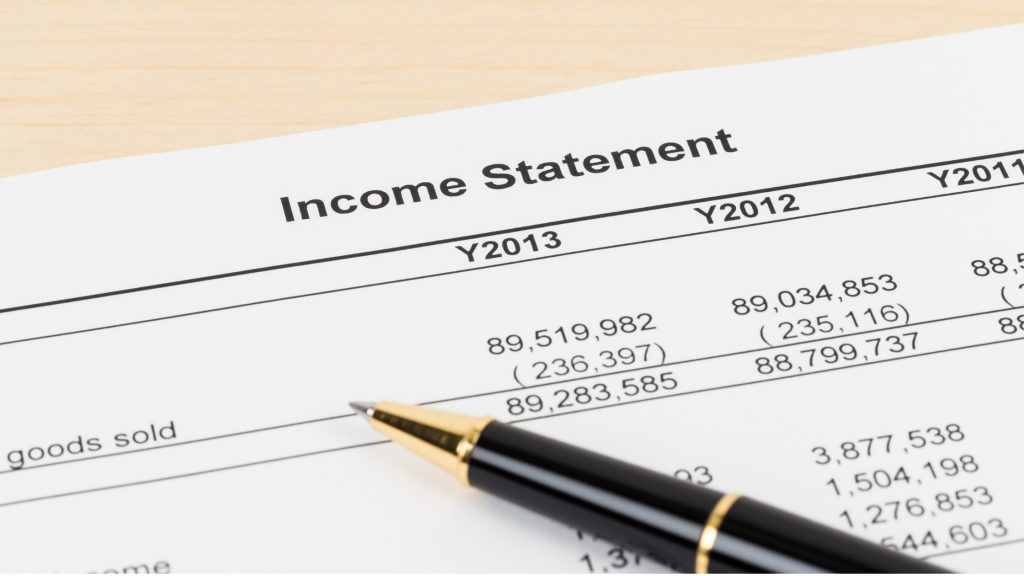Your credit report is a very important part of your finances; it determines whether or not you will be approved for a loan, the interest rate you receive and yes, even employment opportunities. What happens, though, if it starts coming back with errors? Unverified accounts can affect your credit score and waste money or even life experiences. You need to know that the credit reporting agencies are wrong about you, and you have the right to tell them to correct it. This is a brief guide on spotting errors, what to do about them and verifying that your credit report accurately represents your economic past.
1. Reviewing Credit Reports
To review your credit report, you must first collect copies of it. You can collect them from three major credit bureaus: Experian, Equifax, and TransUnion.
2. Identifying Errors on Credit Reports
Try to check for any errors such as payment history, incorrect information, identity theft, incorrect balance or credit items etc. and highlight them for corrections.

3. Gathering Supportive Document
To ensure a strong and successful dispute of inaccurate items on your credit report, please be sure to gather all relevant documents, such as bank statements, correspondence with creditors, payment status, etc.
4. Disputing Errors Through Credit Bureau
Disputing errors can be done through the three credit bureaus’ online websites or by sending letters via mail. The specific errors should be explained clearly. You can use supporting documents to have a clear and specific dispute. To ensure that your mail is received or not, you can use a mail tracker with a return receipt.
5. Following Up on Disputing
A credit bureau usually takes 30 days to investigate your claims. They will send you a response about whether the items have been changed, removed, or remain unchanged. If the credit bureau confirms any errors, these will be corrected accordingly.

6. Communicating with Creditors (If necessary)
If the credit bureau refuses to do any corrections, you can contact the creditors (bank, lender, collection agency) responsible for reporting the information. Send them the same information about errors and request corrections. If they agree, they must inform the credit Bureau of Corrections.
7. Attaching Consumer’s Statement (If needed)
In terms of unsuccessful disputing, you will get an option to attach your consumer statement. Potential lenders can review your credit based on this brief statement (up to 100 words).

8. Monitoring Credit Regularly
You should keep an eye on your credit regularly to avoid future errors. There are some free services that can help you with monitoring. Such as: “Credit Karma” or “Experian’s free credit monitoring”.
Disputing inaccurate items on your credit report is an important step for healthy financial stability. By utilising the opportunities to review credit reports and disputing errors using free services, you can happily experience a flawless and strong credit report.

